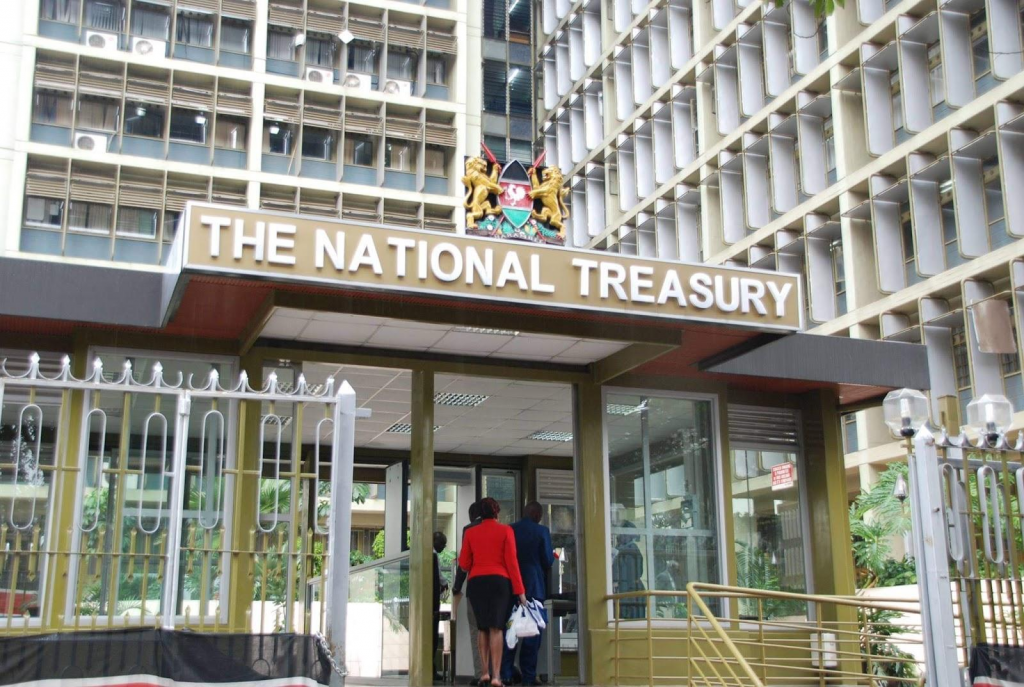The National Treasury building in Nairobi, Kenya/ Courtesy.
NAIROBI Kenya, Dec 17- The National Treasury has its sights set on Sh350 billion worth of fresh investments in key infrastructure projects from private investors over the next 12 months, under the new Public-Private Partnership law.
The Public-Private Partnership Act signed into law on December 7, 2021, has reduced bureaucracy and timelines for implementing state projects while balancing the risk between affordability and value for investors’ returns.
“The PPP targets to unlock at least Sh350 billion in the next 12 months in new development capital for priority projects. Climate proofing of the PPP projects portfolio is additionally at the centre of PPP project design, with the view to promoting government’s commitment to environmental and social sustainability.” Treasury Cabinet Secretary Ukur Yatani said in the budget guideline document.
The Treasury has prioritised roads, electricity transmission, ports, housing, health, water and sanitation projects for private sector investment under the build-own-operate (BOO) framework.
Under the new law, private investors will hand over the projects to the government at the end of the concession period which has been capped at 30 years.
The state struggled to attract private investors largely due to bureaucracies and a complex governance structure under the previous PPP legal regime which came into force in 2013.
According to Yatani, 45 projects are either being implemented or in active operation under the PPP model.
These include six road projects covering 639km under the roads annuity and tolling programmes and 39 electricity generation projects with cumulative 3,034 megawatts (MW) of installed capacity.
Some of the major road projects include 27.1 km of the Nairobi Expressway linking Jomo Kenyatta International Airport (JKIA) to the James Gichuru junction on Waiyaki Way and the Sh160 billion Nairobi to Mau Summit Highway.
Under the new law, entities in PPP deals are allowed to single-source work through direct procurement and Privately-Initiated Investment Proposals (PIIPs), unlike the previous law which limited investors to competitive bidding processes.
“The new PPP Directorate will be at the centre of PPP programme design and implementation going forward, and will play a central role in public investment programming and design, alongside the Public Investment Management function at the National Treasury,” Yatani said.
He added that the centralised coordination of all public investment programmes will directly contribute to budget efficiency while promoting private sector participation in public service delivery.


















